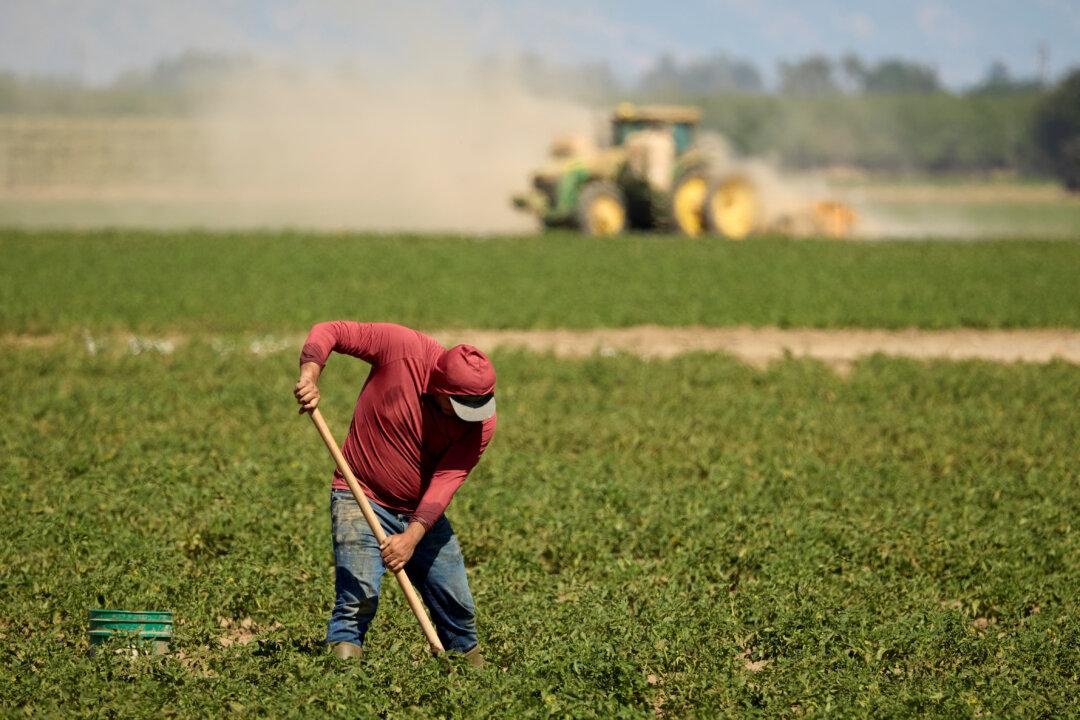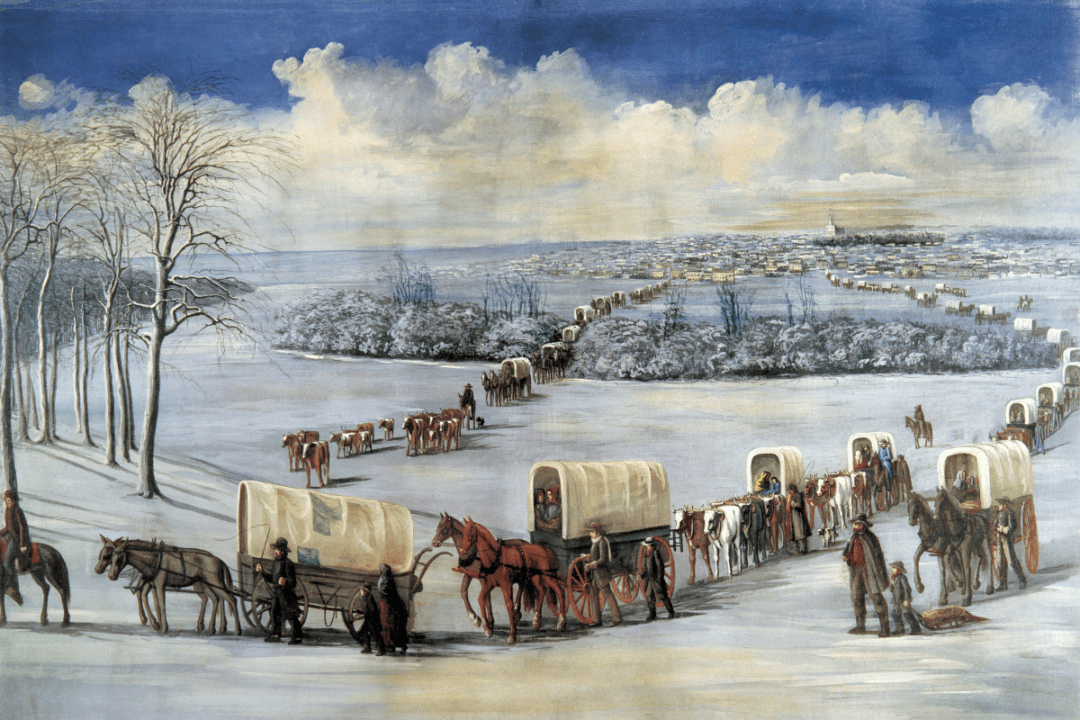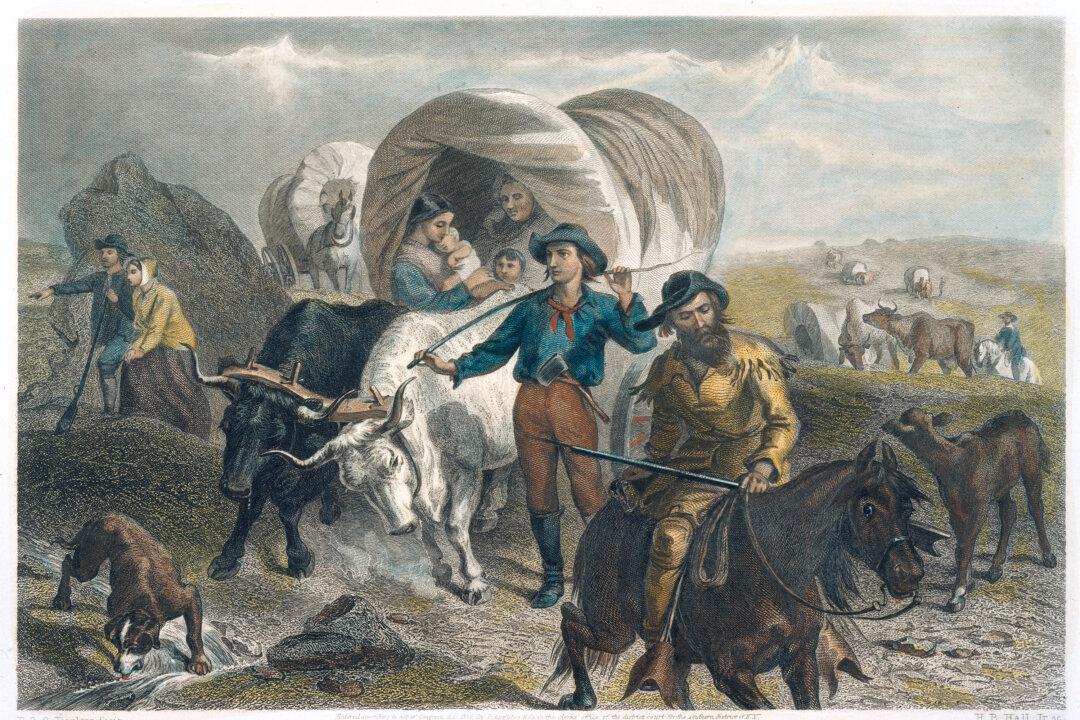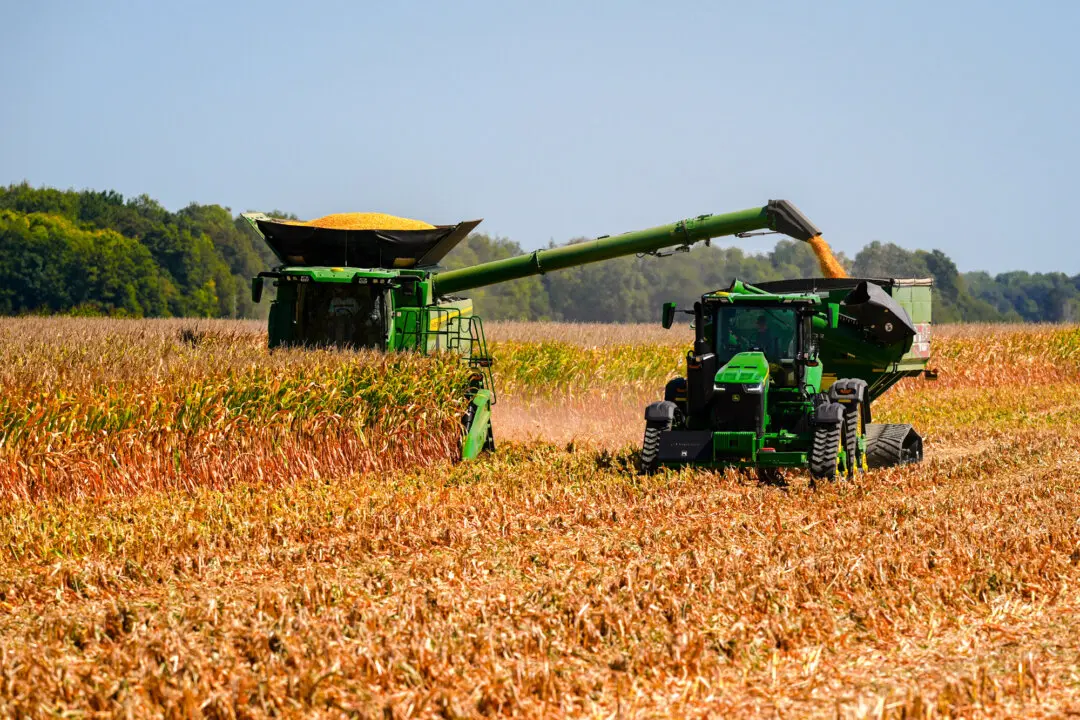Commentary
I recently sat in a room and watched Joel Salatin—a legend in U.S. farming—take the stage and demand that we “free the enslaved food system.” Salatin, author of “Everything I Want to Do Is Illegal,” argued that the way to fight food deserts, food insecurity, and the disappearance of the small family farm is not through bigger government programs but by rolling back the suffocating regulations that keep farmers from feeding their neighbors.





